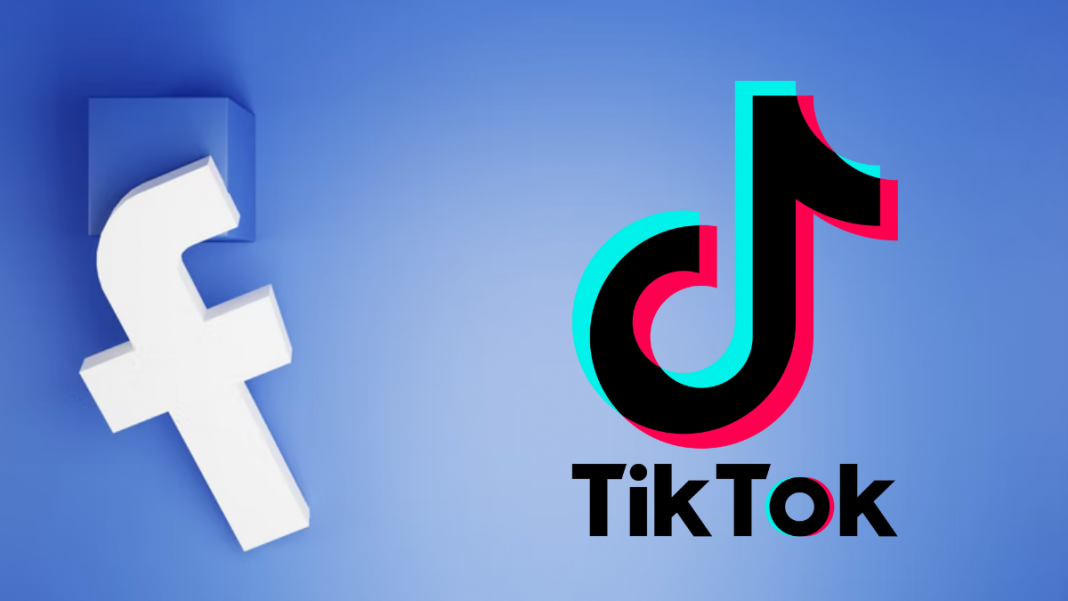Amazon turned and coughed up $3.9 billion to buy One Medical, a primary care provider, in its biggest push yet into health care. It may not be long until your Prime membership comes with a complimentary physical.
What’s One Medical? A company that operates more than 180 medical offices across 25 US markets, offering both in-person and virtual medical services. When it went public as a unicorn in January 2020, it followed a similar trajectory of other high-flying startups: A huge spike when telehealth was in feverish demand, then an equally huge crash to fall well below its IPO price.
The deal for One Medical represents Andy Jassy’s first major acquisition as CEO of Amazon, showing that he’s willing to make bets on growth in certain areas even as he reins in costs in others.
So why is health care a priority?
As you know all too well from every time you pay a medical bill, health care is a massive industry. With a market size of $4 trillion, it accounts for about 20% of the entire US economy. And as Amazon looks to grow outside of its core areas, it sees potential in sending a digital shockwave through a medical industry that’s entangled in a complex web of insurance companies and government regulations.
Not that it’s even clear what a “core” area of Amazon is anymore. Besides its e-commerce marketplace, Amazon has tentacles in cloud services, grocery stores, entertainment, and many other sectors. Basically, we’re about to live in a world where one company owns the James Bond franchise…and also medical clinics.
But Amazon’s infatuation with health care isn’t new. It acquired the online pharmacy PillPack in 2018, and launched its own on-demand health care services one year later. Some projects, like its buzzy joint venture with Berkshire Hathaway and JPMorgan, collapsed, illustrating the challenges for anyone—even Bezos and Buffett—to break into the medical realm.
Those stumbles won’t stop Amazon, or Big Tech in general, from trying. Just this week, Apple released a 60-page report outlining why health care will be a major focus for the company going forward.



